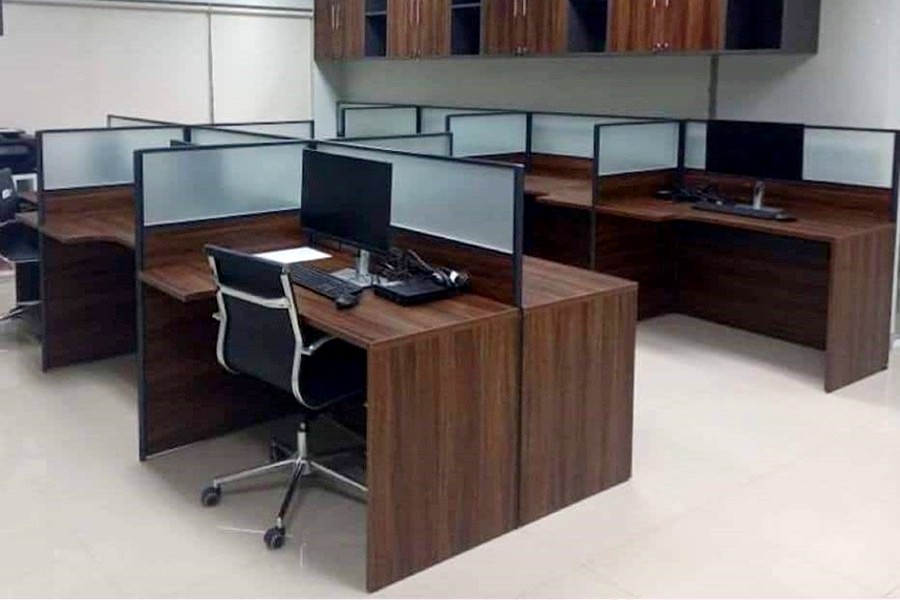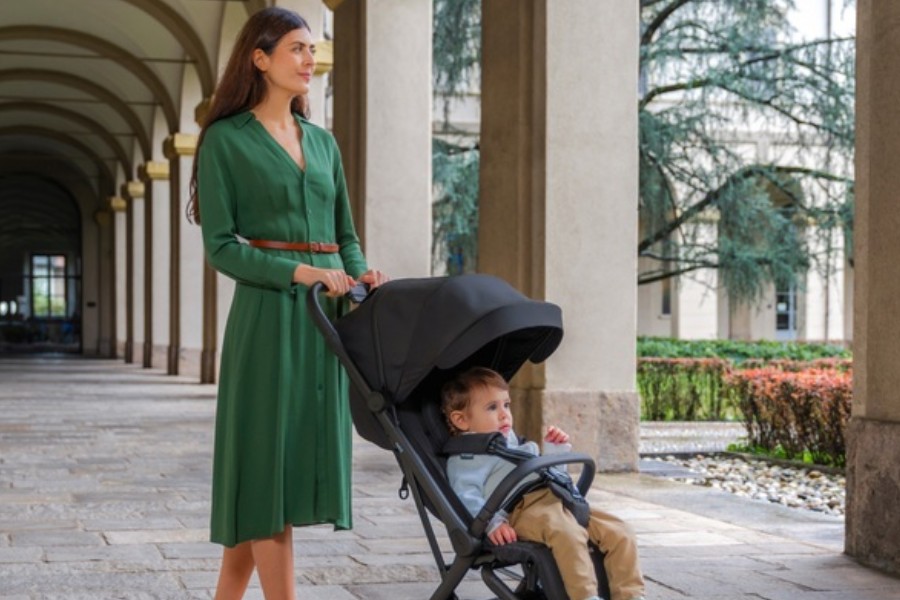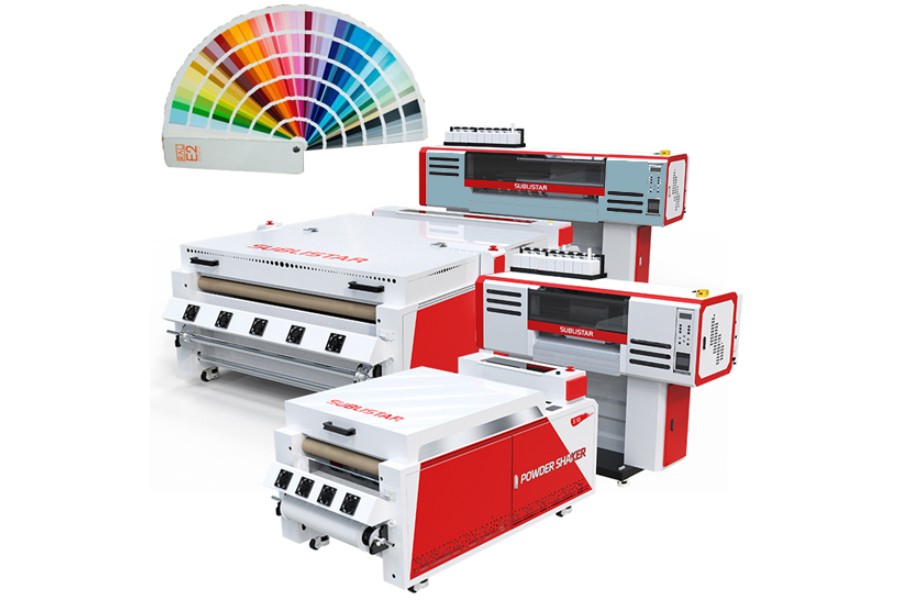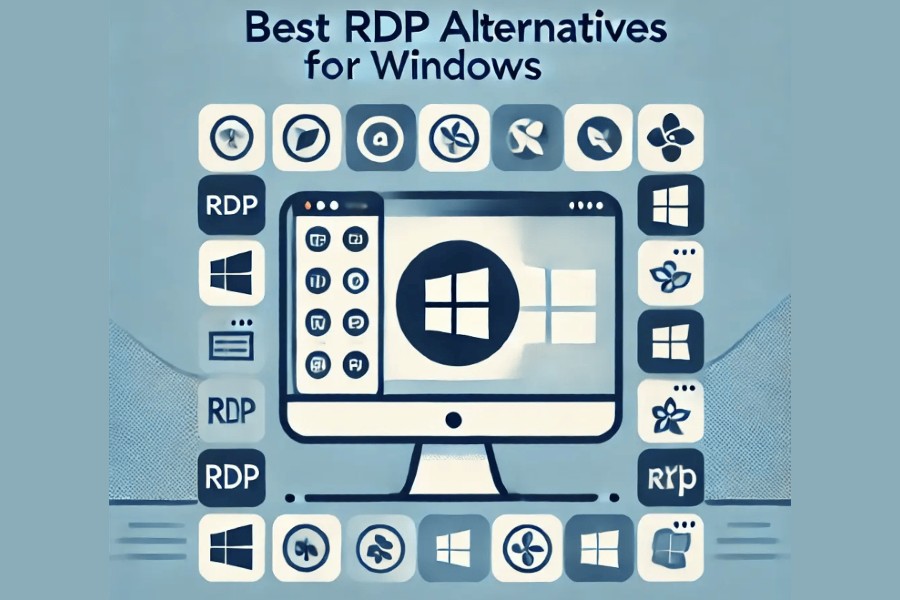
In the dynamic landscape of the modern workplace, the design of office spaces plays a pivotal role in shaping employee productivity and satisfaction.
The Philippines, known for its vibrant workforce and growing business landscape, has witnessed a shift in office setups over the years. Among these, the humble office cubicle stands out as a fundamental element that contributes significantly to enhancing work performance. Let’s delve into how office cubicles boost productivity, collaboration, and well-being among Filipino workers.
Office Cubicle
Office cubicles provide employees with a designated area to call their own within the bustling office environment. In the Philippines, where communal spaces are valued, having a personal workspace can be a game-changer for many office cubicle employees. These semi-private areas offer a balance between open collaboration and individual focus, crucial for completing tasks efficiently.
In a study conducted by the International Facility Management Association (IFMA), it was found that 83% of employees feel more productive in a separate workspace. This sentiment rings true for many Filipino workers, especially in industries where concentration is key, such as IT, finance, and creative fields.
Reduced Distractions for Enhanced Concentration
The bustling energy of an open office layout can sometimes lead to distractions, hindering deep work and focused tasks. Office cubicles act as a barrier against unnecessary interruptions, allowing employees to concentrate on their projects without constant disruptions.
For instance, in customer service roles common in the Philippines’ thriving BPO (Business Process Outsourcing) sector, cubicles provide agents with a quieter space to handle calls and address customer concerns effectively. This separation from surrounding conversations and activities results in improved call quality and customer satisfaction metrics.
Promoting Collaboration within Office Table
While cubicles offer privacy, they are also designed to encourage collaboration when needed. Modular cubicle setups allow for office table easy reconfiguration, enabling teams to come together for brainstorming sessions or quick discussions without the need for a formal meeting room.
In a culture where teamwork and camaraderie are highly valued, these adaptable spaces facilitate the exchange of ideas, problem-solving, and knowledge sharing among Filipino employees. Whether it’s a marketing team strategizing for a new campaign or a development team troubleshooting software issues, the flexibility of cubicles promotes seamless collaboration.
Health and Wellness Benefits
Office cubicles contribute to the well-being of employees by providing a sense of boundary and personal space. In the wake of the COVID-19 pandemic, concerns about health and safety have become paramount in office settings. Cubicles offer a physical barrier that adds an extra layer of protection, easing anxieties about close proximity to colleagues.
Moreover, many modern cubicle designs incorporate ergonomic principles, such as adjustable desks and chairs, promoting proper posture and reducing the risk of musculoskeletal issues. For Filipinos spending long hours at work, these features contribute to physical comfort and overall job satisfaction.
Cultural Sensitivity and Respect for Hierarchy
In the Philippines, where respect for authority and seniority is deeply ingrained in the workplace culture, office cubicles serve as a reflection of this hierarchy. Senior employees or managers often have larger or more private cubicles, symbolizing their status within the organization.
This nuanced approach to workspace design aligns with Filipino values of respect and deference to authority figures. It creates a sense of order and structure within the office, fostering a harmonious work environment where everyone understands their role and place within the organization.
Customization and Personalization
Office cubicles offer employees the opportunity to personalize their workspace, adding a touch of their personality to the office ambiance. From family photos to small plants and inspirational quotes, these elements create a sense of ownership and belonging.
In the Philippines, where relationships and connections are highly valued, these personal touches serve as conversation starters and icebreakers among colleagues. It fosters a sense of community within the office, enhancing employee engagement and job satisfaction.
The evolution of office design in the Philippines reflects a growing understanding of the link between workspace environments and employee performance. Office cubicles, with their blend of privacy, collaboration, and customization, have emerged as a cornerstone of productivity in various industries.
By providing Filipino workers with personalized, focused spaces, cubicles enhance concentration and creativity. They also promote teamwork, respect for hierarchy, and employee well-being, creating a conducive environment for growth and success.
As the Philippine workforce continues to adapt to changing work dynamics, the humble office cubicle stands tall as a vital component in the pursuit of greater productivity, efficiency, and job satisfaction.
This article highlights the benefits of office cubicles in the context of the Philippines, emphasizing their role in enhancing work performance, collaboration, and well-being among Filipino workers. Through a blend of privacy, reduced distractions, and cultural considerations, cubicles contribute significantly to the productivity and satisfaction of employees in various industries.
- Bronx: NYWF’s 30th Annual Dinner Honors Community Leadership And Purpose
- God’s Love We Deliver Joins Melba Wilson For Special Thanksgiving Turkey Giveaway In Harlem
- Unlocking Business Growth With Strategic SEO Practices
- How To Boost Instagram Story Views Effectively
- The Pros And Cons Of Major Types Of Grills
Become a Harlem Insider!
By submitting this form, you are consenting to receive marketing emails from: . You can revoke your consent to receive emails at any time by using the SafeUnsubscribe® link, found at the bottom of every email. Emails are serviced by Constant Contact









